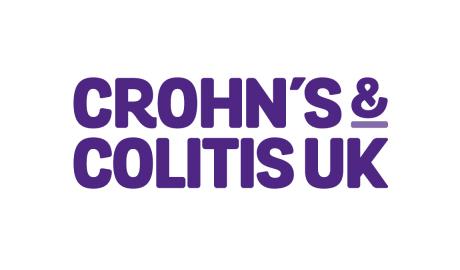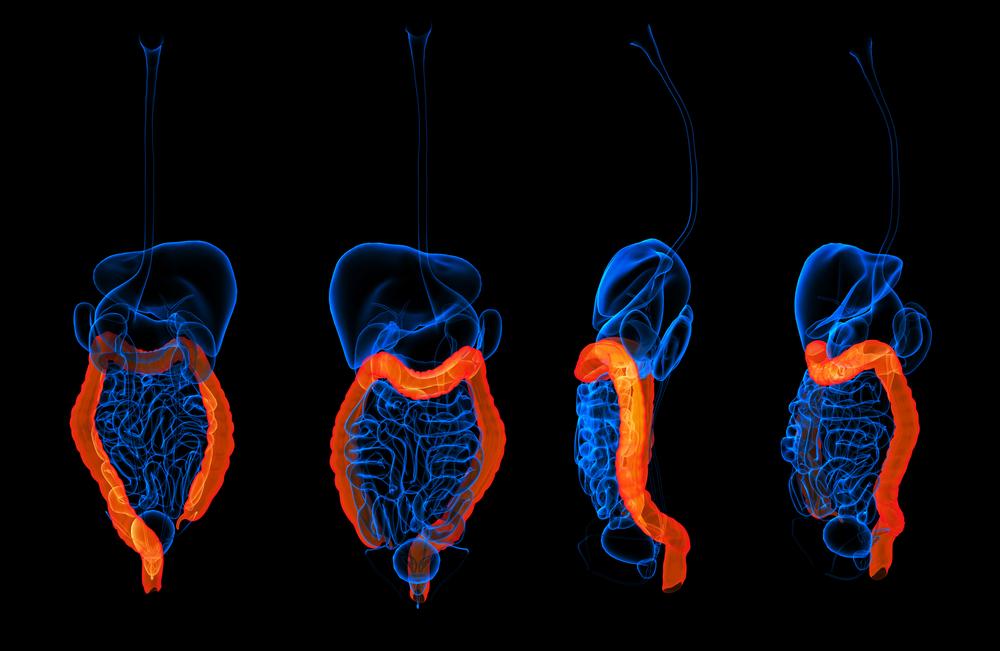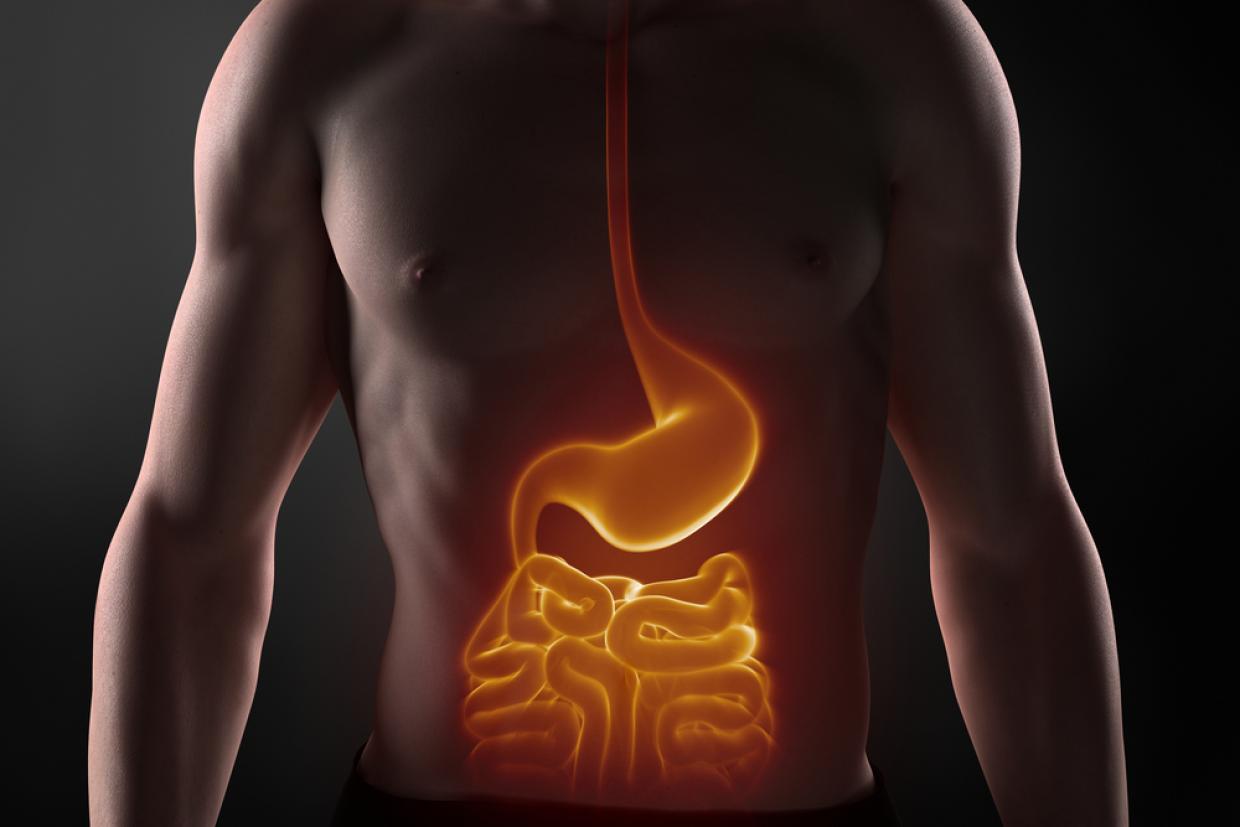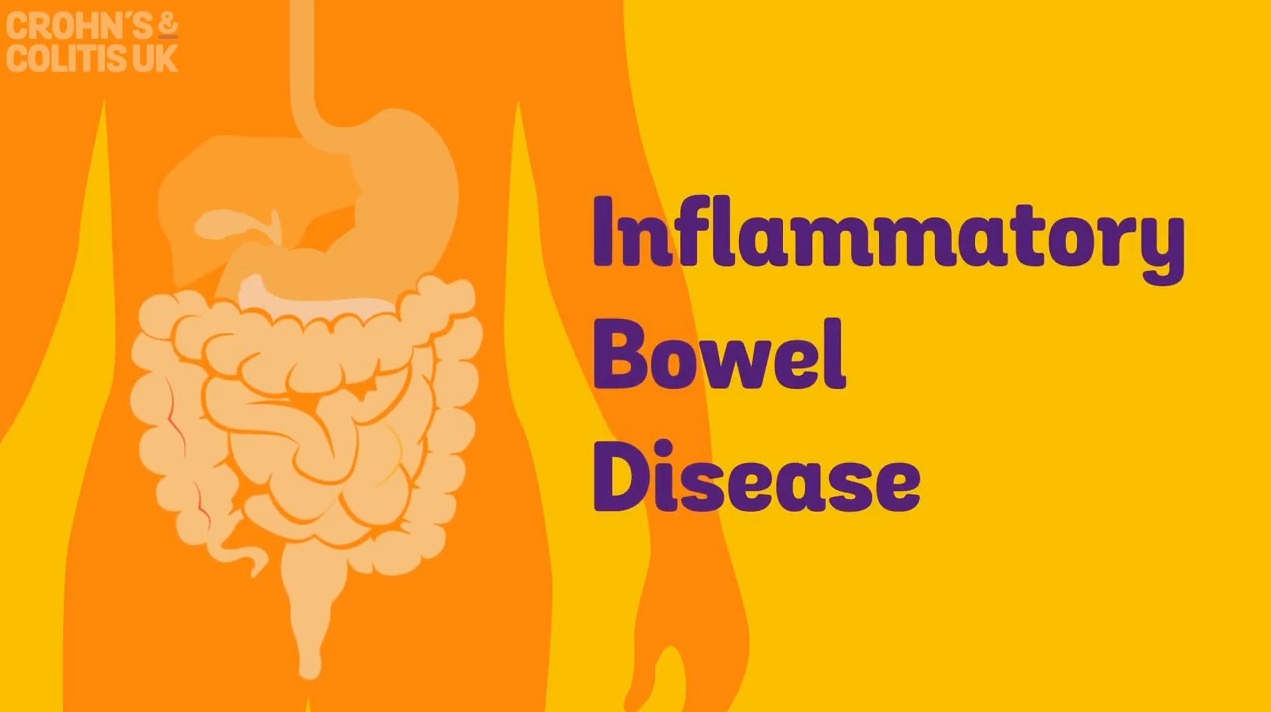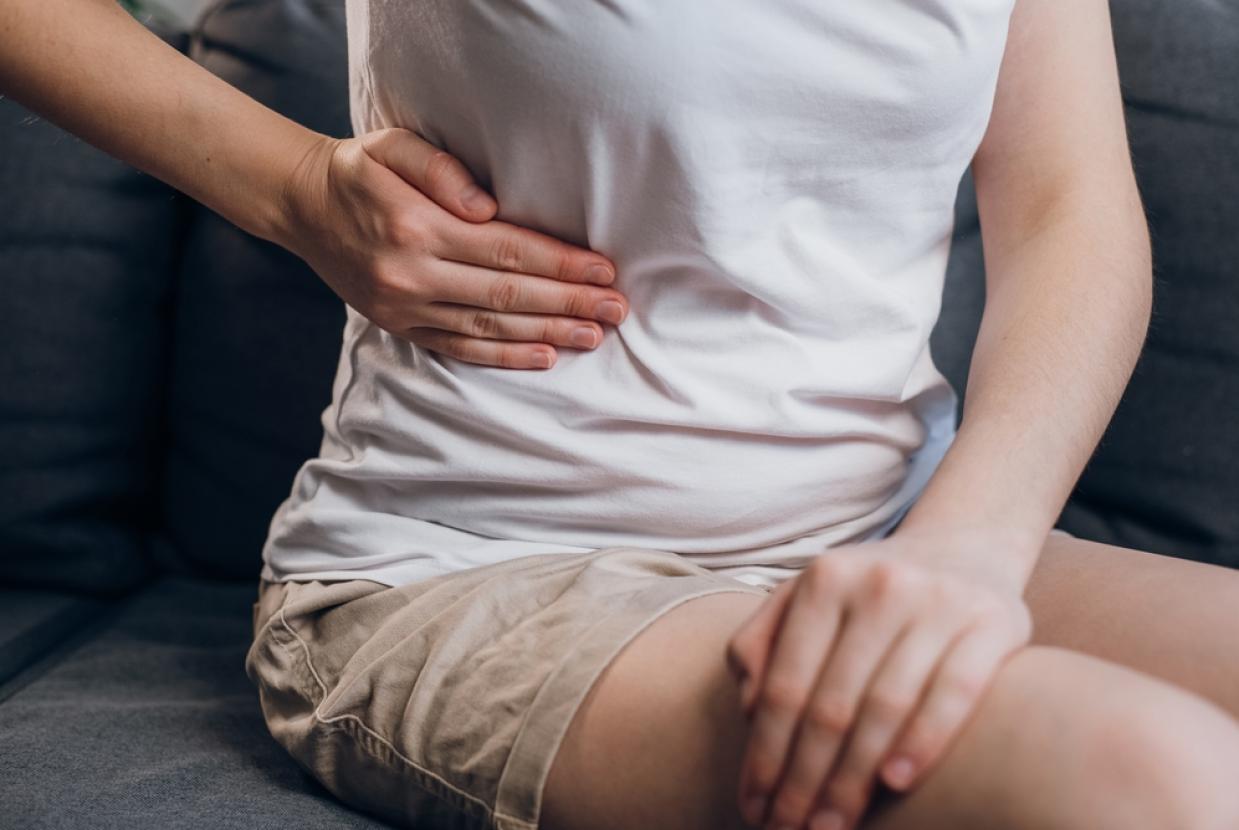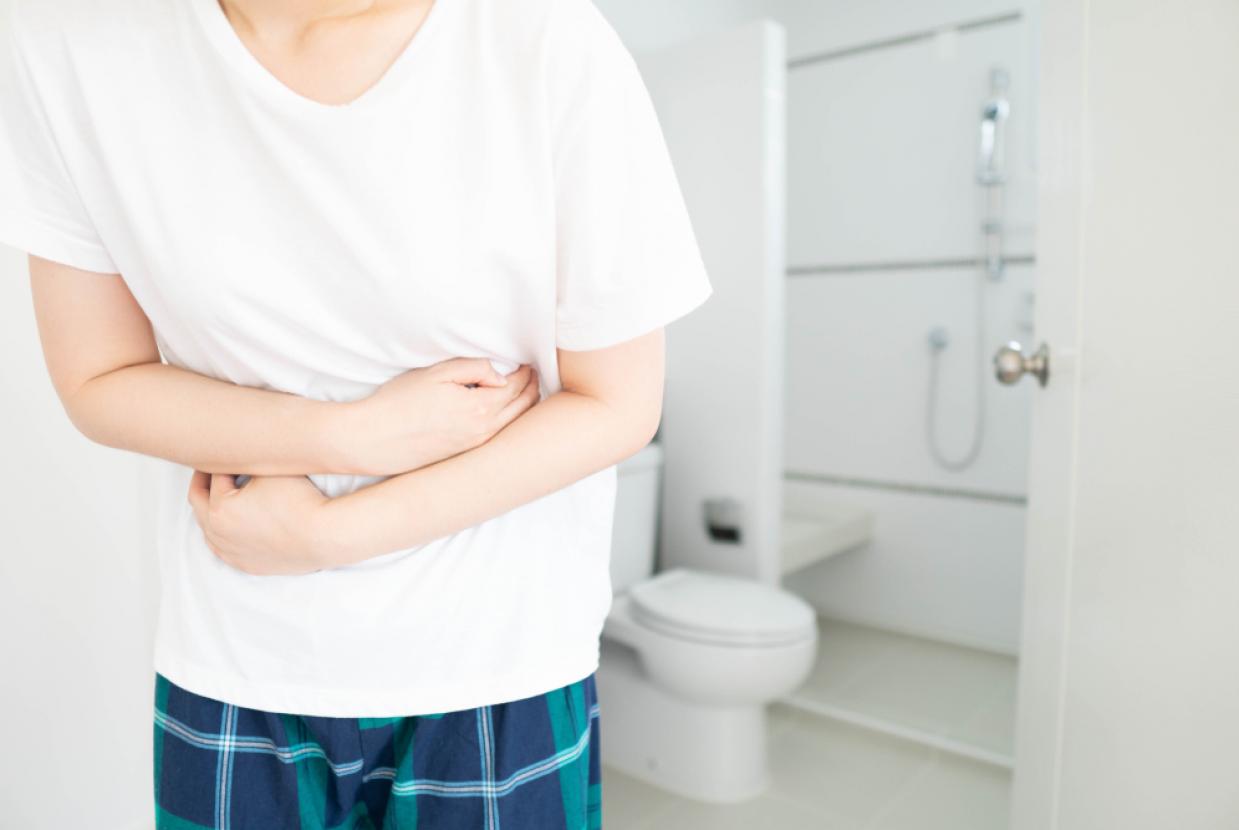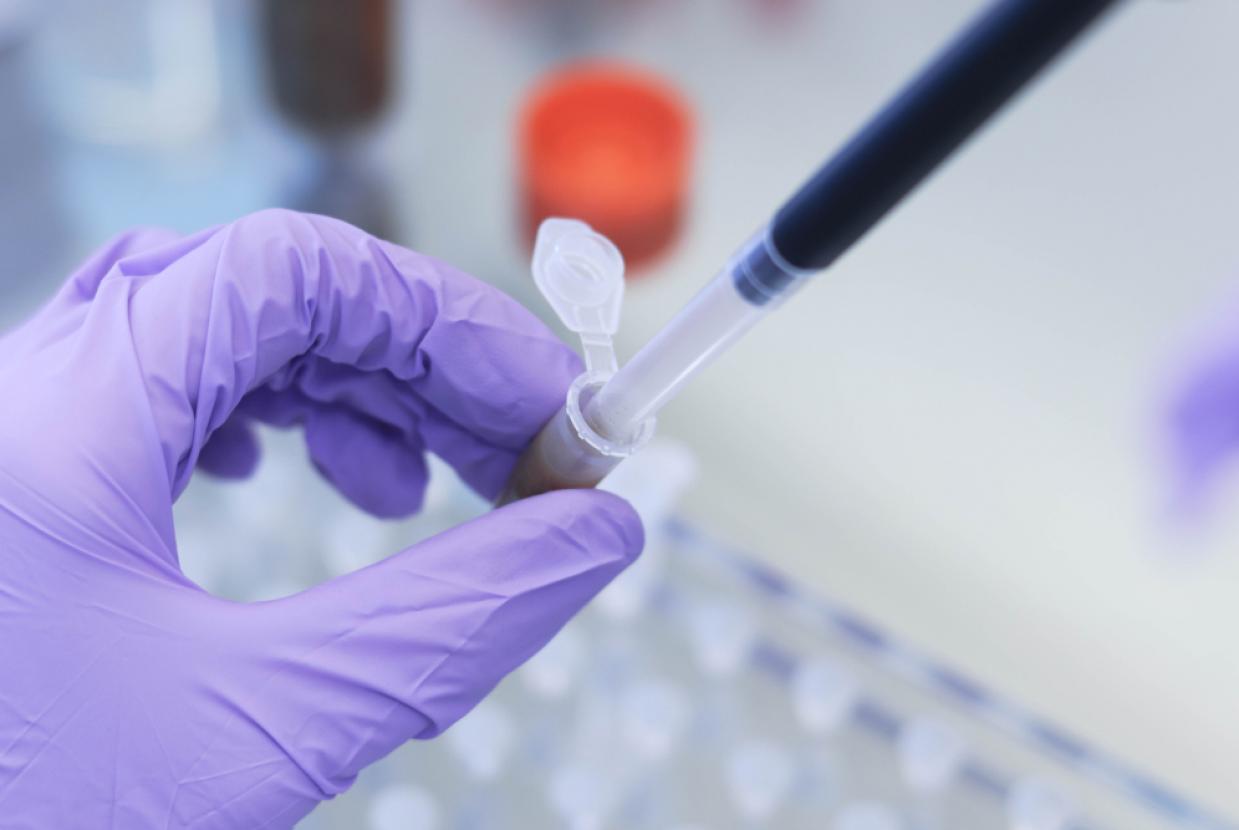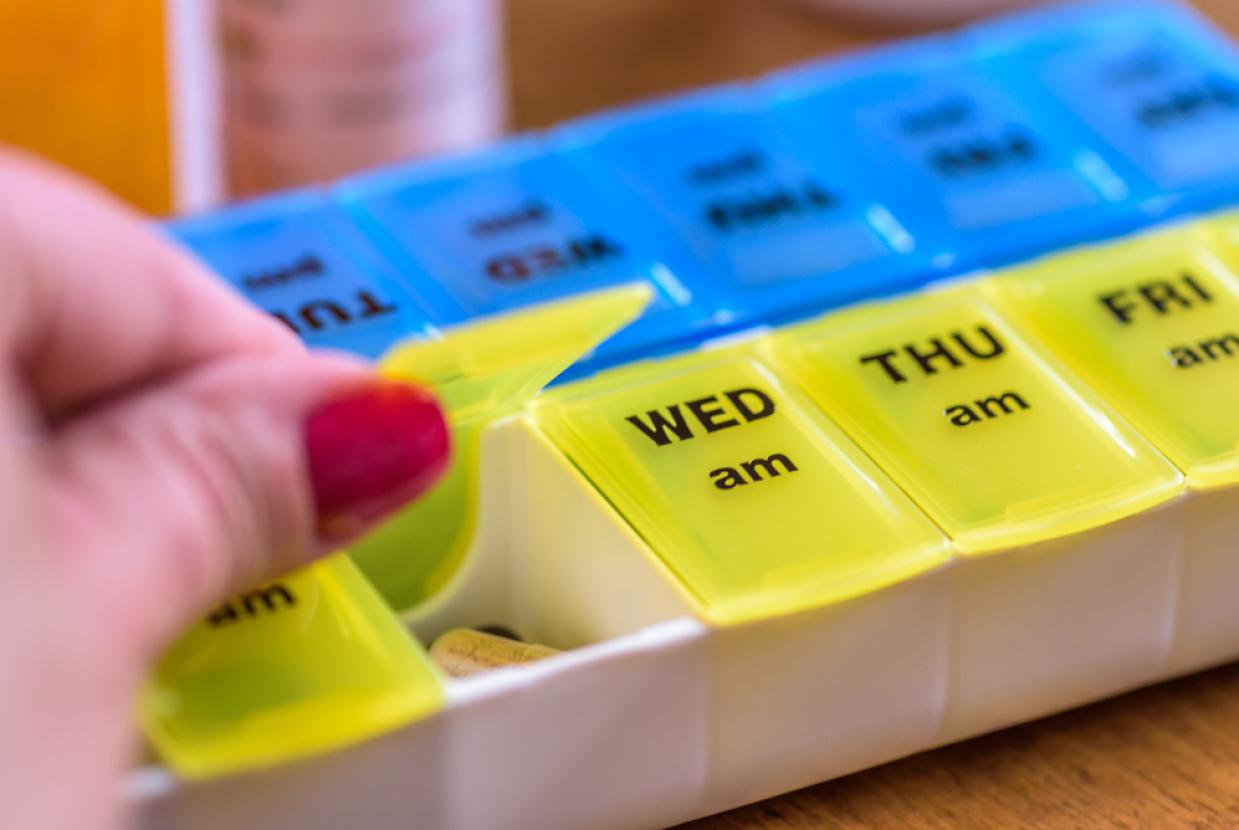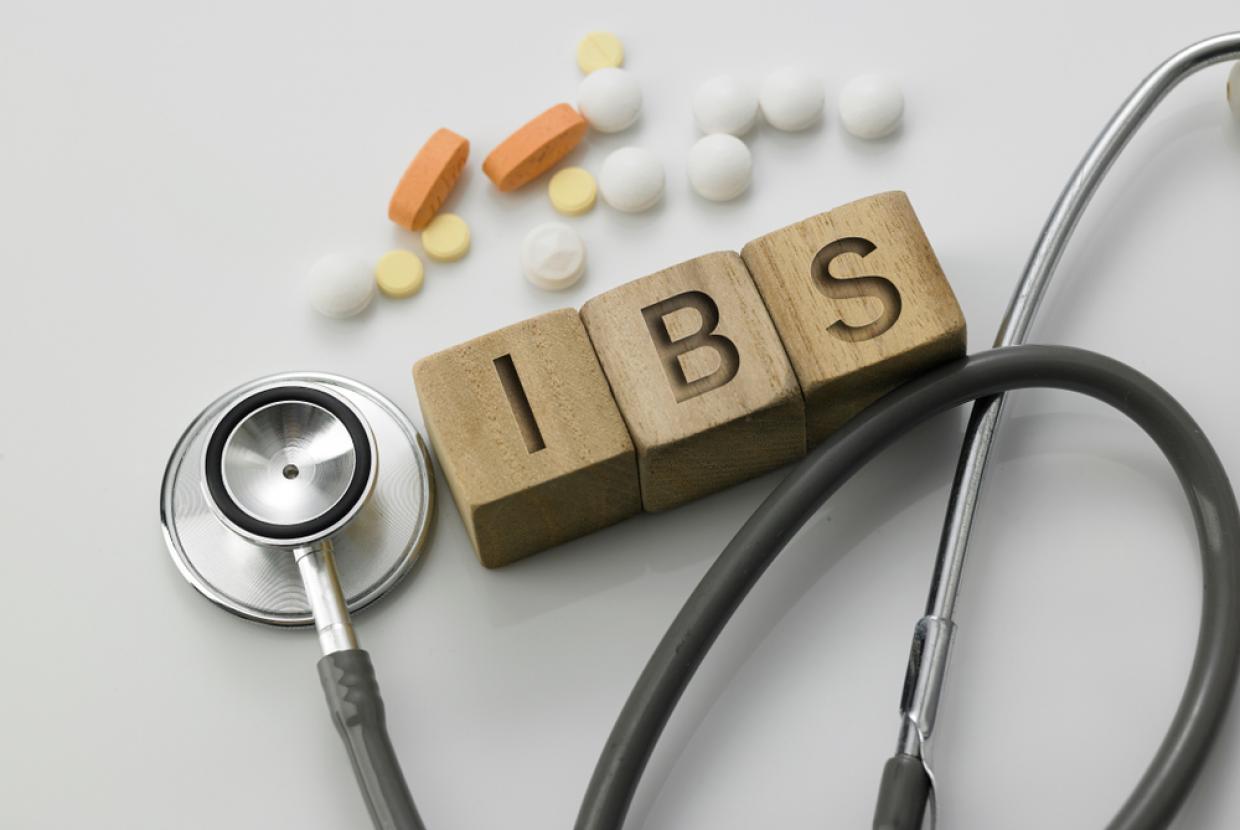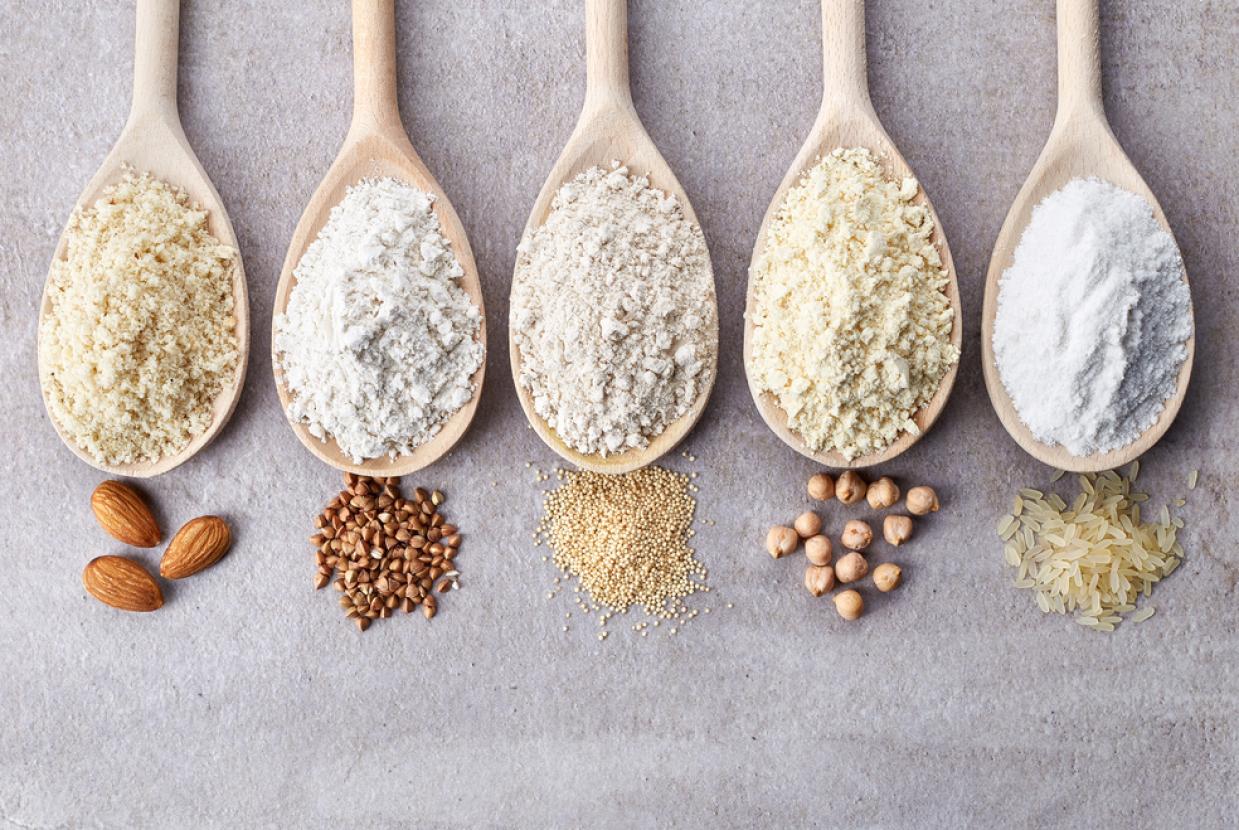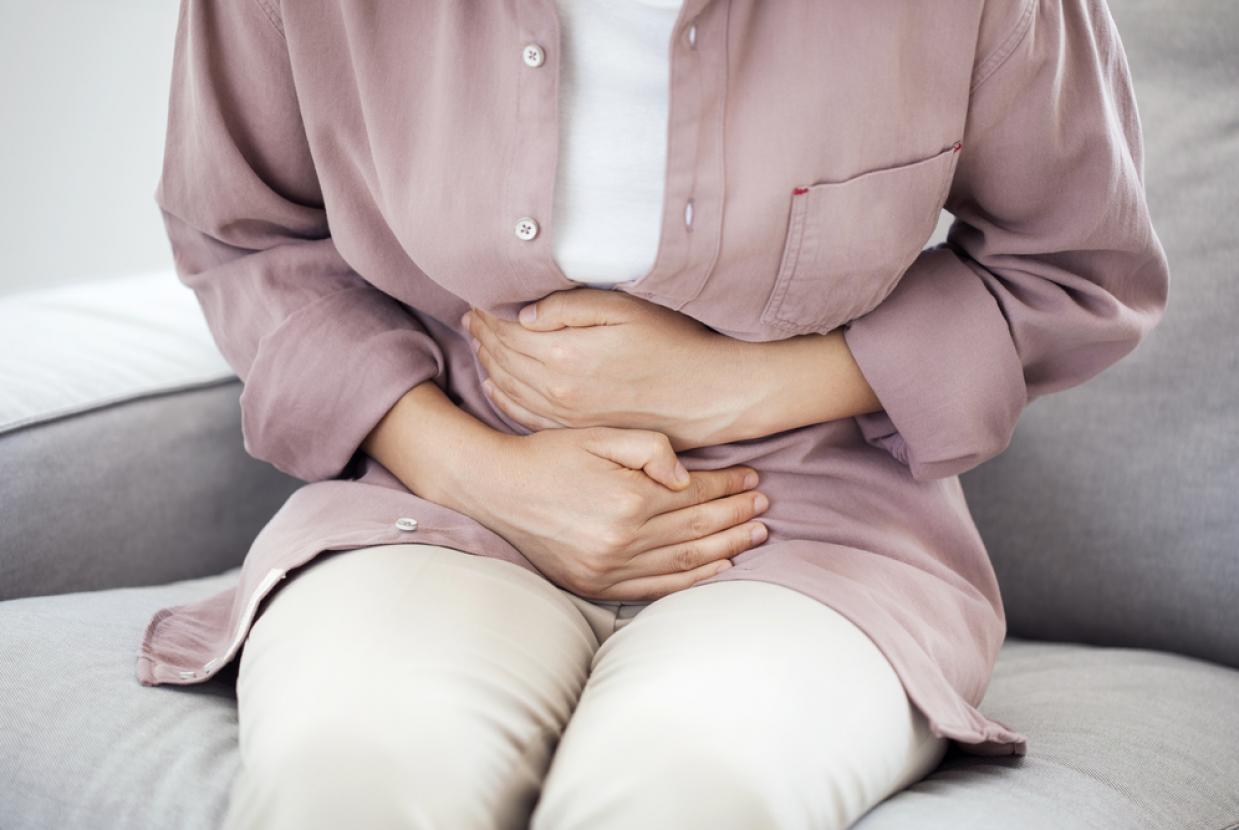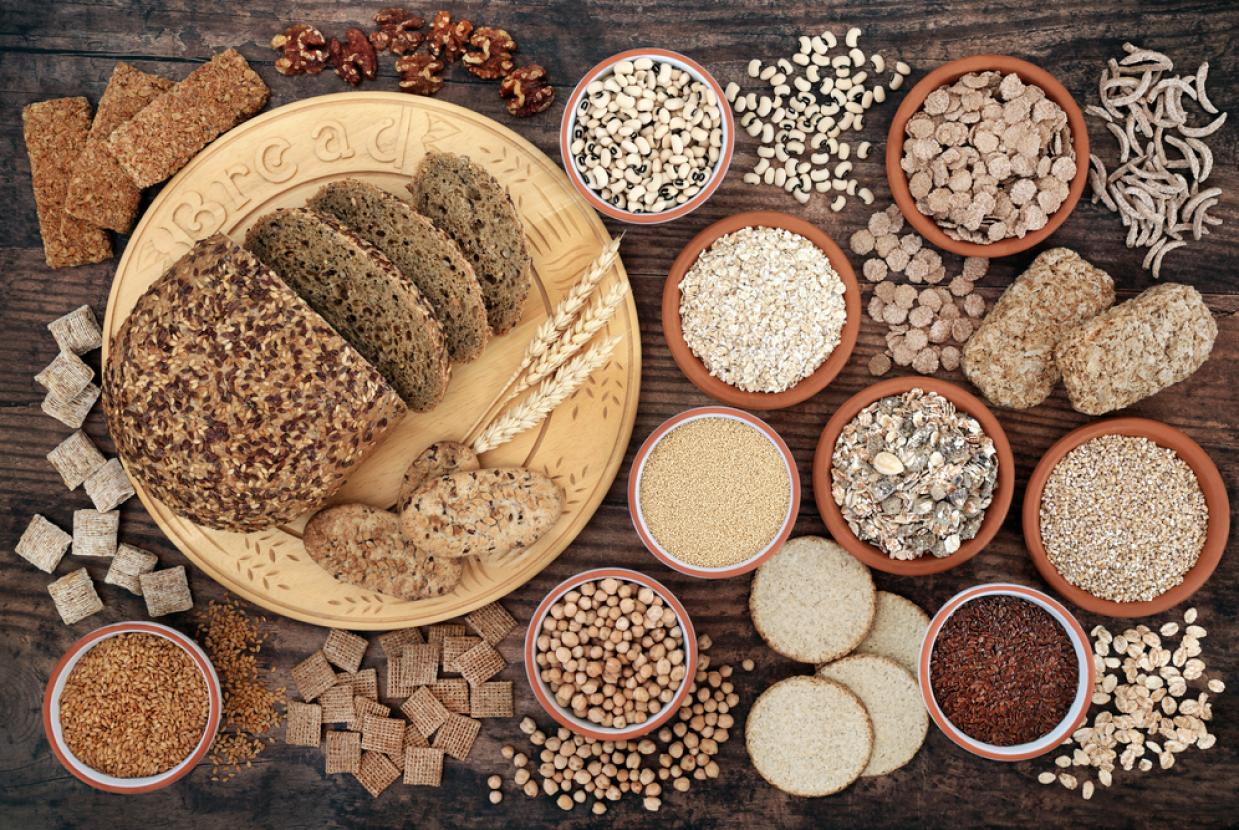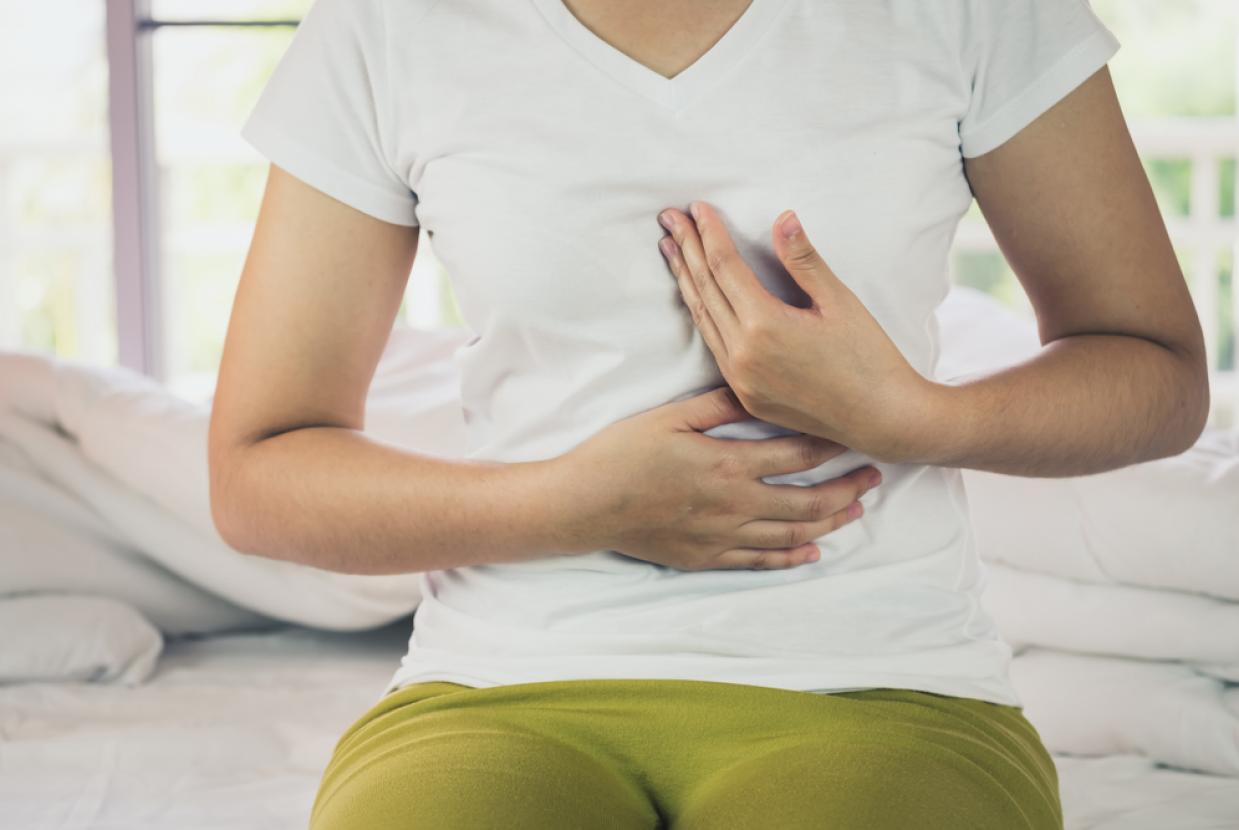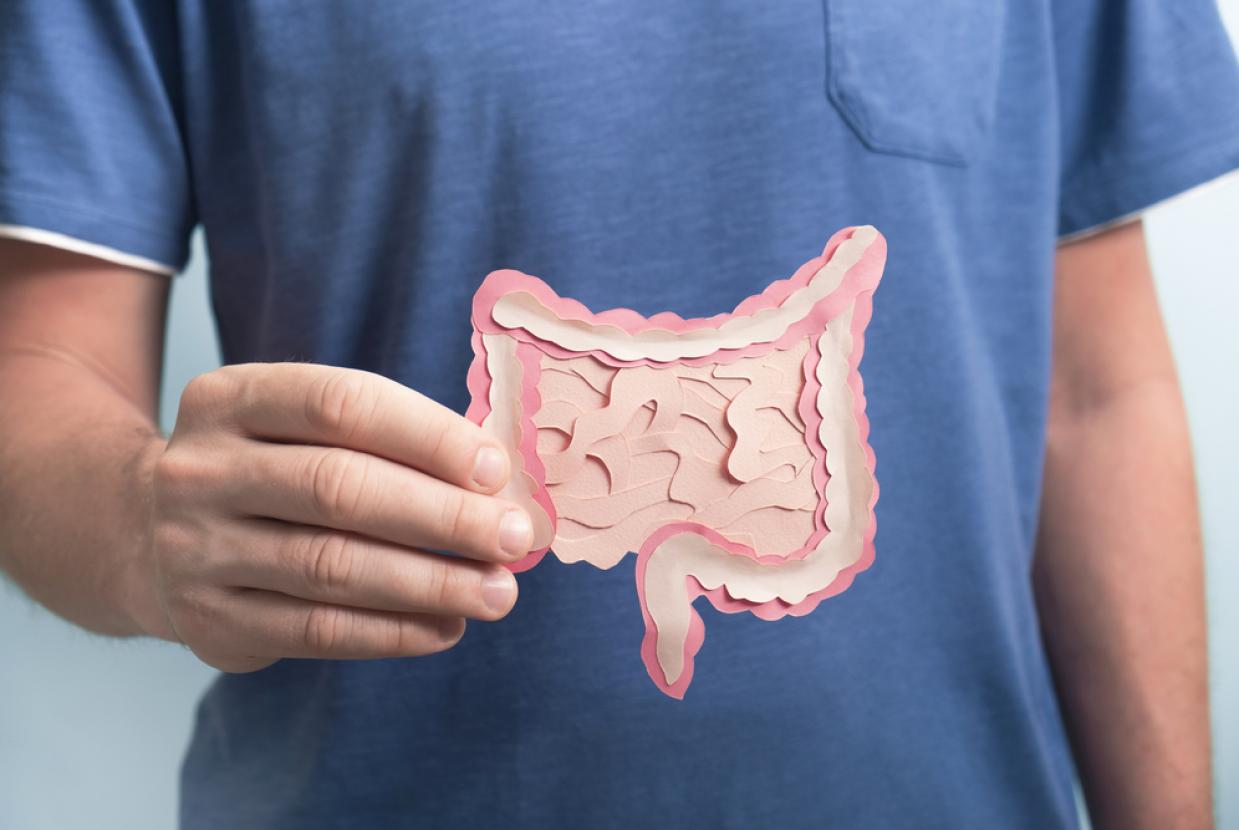What Is Ulcerative Colitis?
Ulcerative Colitis is an Inflammatory Bowel Disease, or IBD, which causes problems with your immune system., This causes swelling and inflammation in your rectum and colon, which are two parts of the large bowel. Colitis can be diagnosed at any age, most people are diagnosed between the ages of 20 and 40 years. At least 1 in every 233 people in the UK live with Ulcerative Colitis.
Other forms of IBD include Crohn’s Disease and Microscopic Colitis. It may not always be possible for doctors to tell the difference between Colitis and Crohn’s Disease if the inflammation only affects your colon. In this case, you may be diagnosed with IBD Unclassified, also known as IBD-U or Indeterminate Colitis.
You may have been diagnosed with Crohn’s Colitis, which is a type of Crohn’s. It doesn’t mean you have both Crohn’s and Ulcerative Colitis. Find out more in our information on Crohn’s Disease.
Research fact
As many as 1 in 10 people with Ulcerative Colitis will have their diagnosis changed to Crohn’s or IBD-U in the first five years.
We refer to Ulcerative Colitis as ‘Colitis’ in this information. The term ‘colitis’ by itself is a general term that means inflammation in the colon. There are different types of colitis. Some are not types of Inflammatory Bowel Diseases and are different to Ulcerative Colitis. These include:
- Ischemic colitis
- Radiation or immunotherapy colitis
- Diversion colitis
- Colitis caused by infection
IBD is not the same as IBS, which stands for irritable bowel syndrome. IBS has some symptoms that are similar to Colitis. But this is a different condition and treatment for IBS is not the same.
Colitis is not contagious; you can’t catch it. There's nothing you could have done differently that would have stopped you from developing Colitis.
Colitis is a lifelong condition and can be hard to predict. Sometimes you may feel well and have no or few symptoms, known as remission. At other times symptoms may be more active or difficult to manage, known as flare-ups or relapses.
Remission
- Remission is when you feel better because your Colitis is well controlled.
- Medical tests, such as blood tests and endoscopy, show your bowel is less affected by your condition.
- Your symptoms, such as diarrhoea, an urgent need to use the toilet, fatigue or extreme tiredness, and tummy cramps, will improve.
- Some symptoms, like fatigue, may not go away completely.
Flare-up or relapse
- A flare-up, also known as relapse or active disease, is when you feel unwell because your Colitis is not well controlled.
- Medical tests, such as blood tests and endoscopy, show your gut is sore and inflamed.
- You may have symptoms such as diarrhoea, an urgent need to use the toilet, fatigue or extreme tiredness, and tummy cramps.
Right now, there is no cure for Colitis. But there are many effective treatments to help you control symptoms and prevent long-term problems. Treatment options may include medicines, surgery, and sometimes a combination of both. Working together, you and your healthcare professionals can find a way to manage the condition that works best for you.



